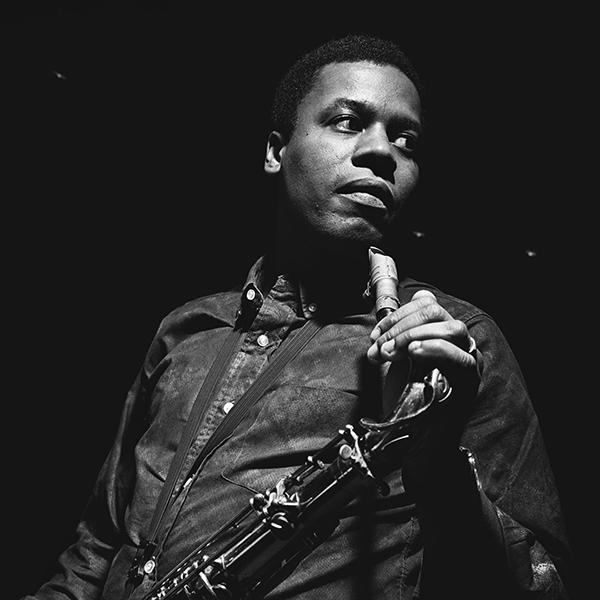May 11, 2022
“Wayne has absorbed a lot of the undercurrent elements of classical music in a special way. To me, this comes through in the structure of his melodies, which consistently have a structural unfolding which is much more like the themes of classical music than the vast majority of jazz composition—especially in the era going up to him. It’s one of the reasons so many of his tunes are played so much. They have a whole other quality, His solos tend to make that big arc, too, and they’re often very melodic. He’s really not content to play through chord changes at all. He’s working with larger ideas.”—Robert Sadin
“Wayne spends a lot of time watching movies. It’s his nature to be into drama. His compositions reflect that, and they always have.”—Herbie Hancock
* * *
“For the composer, it’s almost a decree that the chamber orchestra and string quartet are the height of individualism,” Wayne Shorter stated in 2002. “Composers like Gabriel Faure wrote things that were like stories, complex, but in color, and as you follow them, you can go away on a trip. Playing that music, you have a lot of companionship and exchange, and you don’t have one job. You’re supporting. Then you have something to say, someone disagrees, and the line you play saves the second violinist over there, then he comes or she comes and saves your ass! Then you go out in space. You go out into the unknown.”
Shorter’s remarks present an interesting perspective on The All Seeing Eye, a programmatic five-piece suite recorded in October 1965 on which the composer, 13 months after leaving the “sock ‘em dead” hard bop verities of Art Blakey & The Jazz Messengers for the wide-open spaces of Miles Davis Quintet (Miles was five months into a protracted convalescence from hip surgery that had sidelined him from performing, giving Shorter much time to dream), convened an ensemble of best-in-class contemporaries to fulfill John Milton’s admonition to the “heavenly muse” in Paradise Lost to sing the story “In the Beginning how the Heav’ns and Earth/Rose out of Chaos,” while also offering a hip perspective on “Th’ infernal Serpent” who “Mov’d our Grand Parents in that happy State,/Favour’d of Heav’n so highly, to fall off/ From their Creator, and transgress his Will.”
Propelled by the nonpareil rhythm section of Herbie Hancock, Ron Carter, and Joe Chambers, each a master of compositional improvisation, and informed by consistently virtuosic soliloquies on Shorter’s sparse, pungent themes from the composer, Freddie Hubbard, Grachan Moncur III, and James Spaulding, all at the top of their respective games, The All-Seeing Eye offers nothing if not a master class in hardcore jazz expression. The soloists operate along team-first imperatives, following Shorter’s emotional roadmap while also fully expressing their personalities, both in the melodies they weave and the orchestral array of sounds and timbres that they elicit. In Nat Hentoff’s superb liner notes for the original issue, Shorter explicates his intents and purposes for each piece in abundant detail, more literally he has done before or since, so a blow-by-blow is not necessary. Still, it is useful to note that each piece sounds like an abstraction for a more fully fleshed-out work, a notion that Shorter confirmed in 2002, with such orchestral masterworks as Phantom Navigator, Atlantis, and High Life under his belt.
“The All Seeing Eye is not finished,” Shorter said. “When I was doing it then, I was thinking, ‘Okay, this is just for now, but this is only a framework.’ I realize that everything I’ve done has been bricks, building a larger architecture. Now I think there’s a part of us that knows everything. Music cannot stop wars, but, like the judge says, ‘What are your intentions?’ I want the music to carry the good intentions, the good dialogue, the impetus for people to start thinking things they never thought before.”
—Ted Panken
Get the Tone Poet Vinyl Edition of The All Seeing Eye on the Blue Note Store







